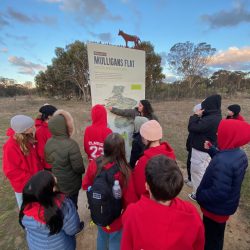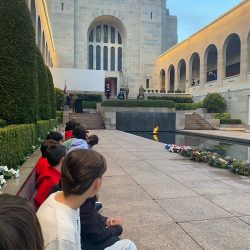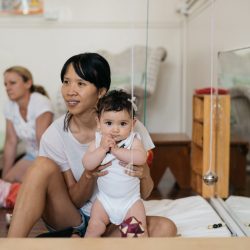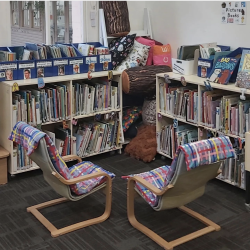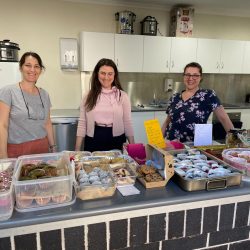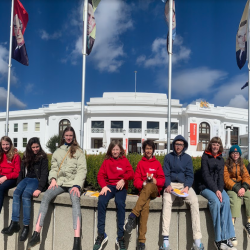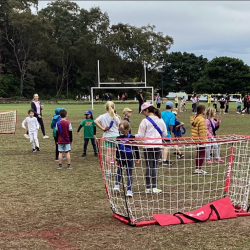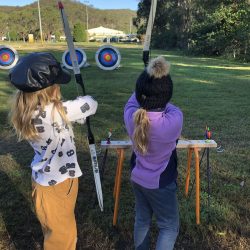Infant Community Parent Education: Independence
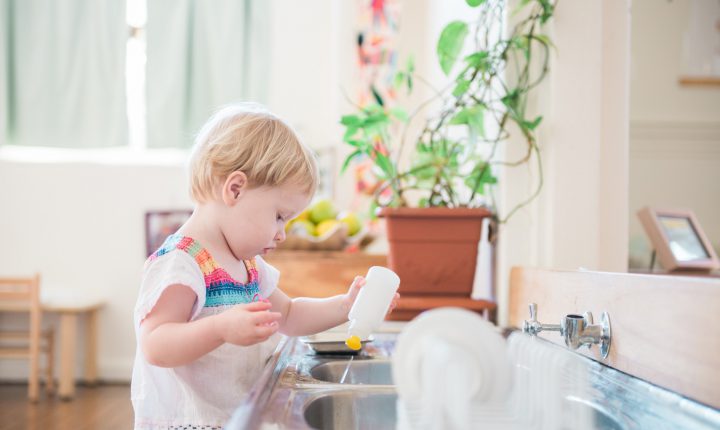
The Infant Community provides two educational evenings for parents each term on topics of interest such as Montessori in the Home, Freedom and Limits, Language Development, Toileting and others.
In Term 1 of 2017 we took the opportunity to look at Independence.
“With his first footstep, the child reaches a higher level of experience. Observing him at this time, we see that he tends always to enlarge his independence. He wants to act of his own accord, to carry things, to dress and undress himself; and this is not due to any suggestions from us. His impulses are so energetic that our usual response is to check them. But, in doing this, we are not really checking the child but nature herself, for the child’s will is in tune with hers, and he is obeying her laws one by one”.
(Montessori, Absorbent Mind, 1995, p. 91)
We consider both the physical and psychological stages starting from birth. Montessori saw education as a means of building the personality into a mature independent self. All too often as adults our “helping” the child becomes an impediment to their growth.
Montessori philosophy describes how the absorbent mind of the child integrates the environment as a sensorial learning constructing themselves. To be able to achieve this the child needs freedom. The freedom to move. Every movement is an opportunity to learn from the environment and lay down the neural pathways to knowledge and understanding. From the first baby “push-up” to cruising the furniture and finally perfecting whole body control to allow for free use of the hands.
The adult needs to provide a prepared environment that is free of obstacles and the psychological attitude that tells the child “I trust you to move”.
Whilst movement allows the body to grow in independence language, provides the freedom to communicate that independence – “I can do it myself”. The adult can provide an environment rich in language for the child to absorb. Face to face conversation with clear meaningful language, books, stories, poetry and music are rich additions to language acquisition.
Our understanding of the need for freedom to move, learn language and remove barriers can guide the parents to support their under three-year-old in some of the most important early acquisitions such as feeding, understanding the world, toileting, dressing and self-affirmation.
“The child seeks for independence by means of work”.
Maria Montessori

